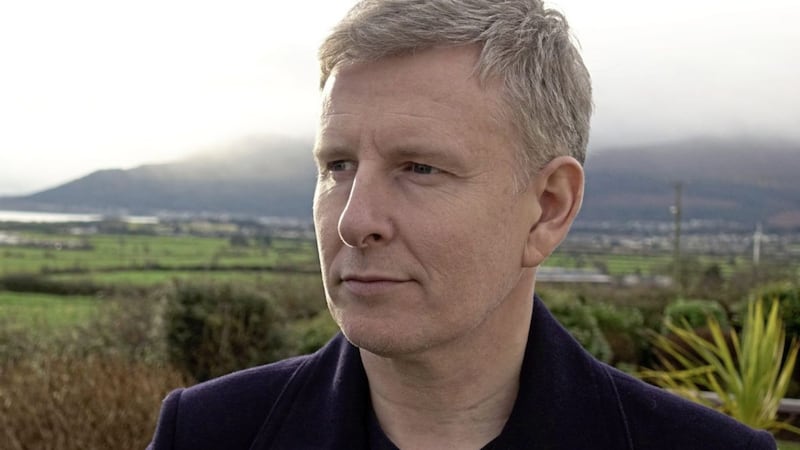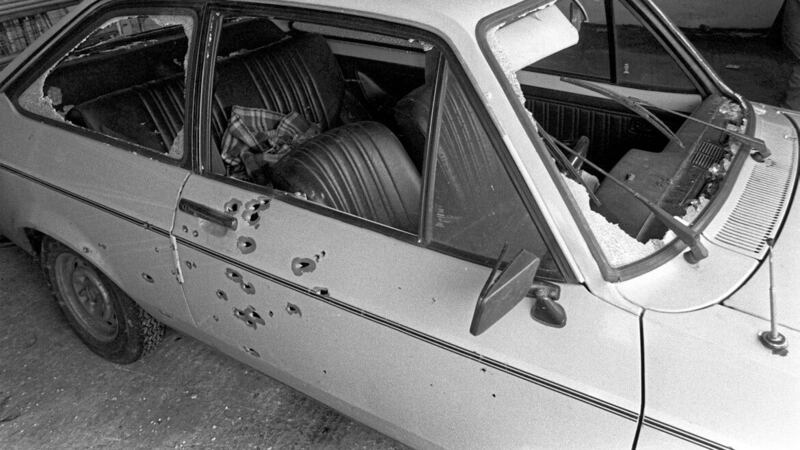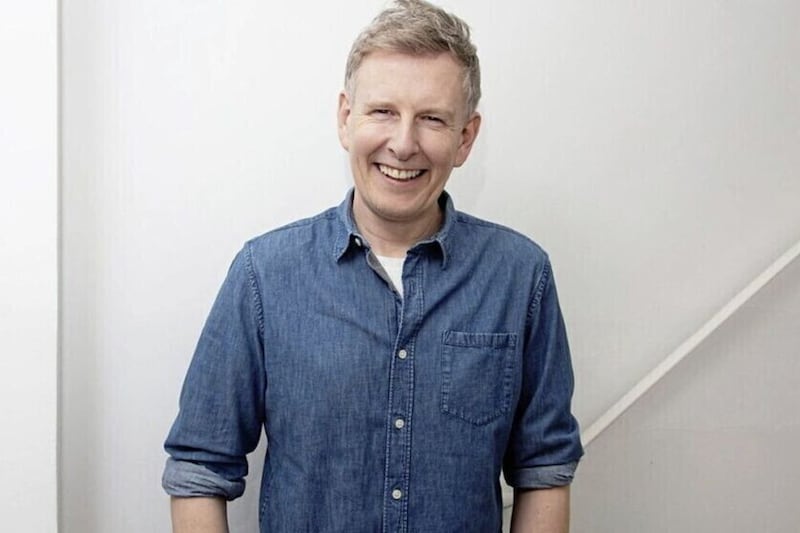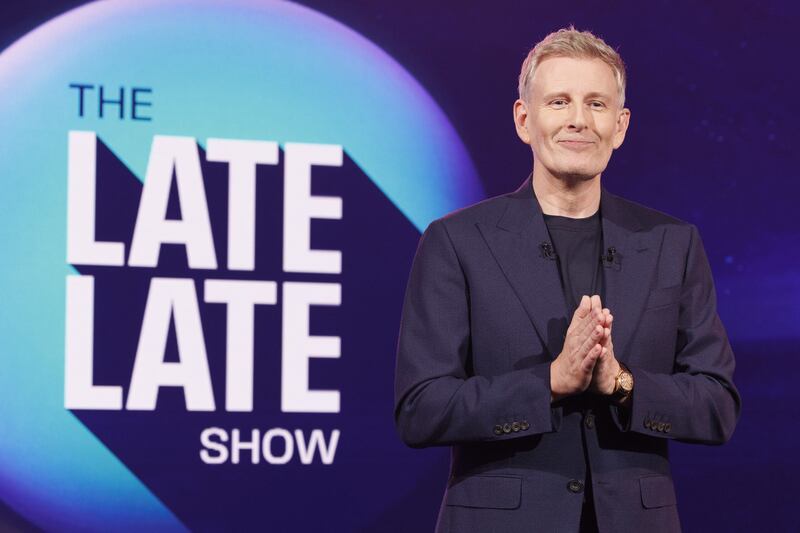COMEDIAN Patrick Kielty is to open up about the murder of his father during the Troubles in a personal documentary marking the 20th anniversary of the Good Friday Agreement.
'My Dad, The Peace Deal and Me' sees the television presenter return to his home village of Dundrum in Co Down where his father Jack Kielty was shot dead in 1988 by loyalist paramilitaries.
He examines what the Good Friday Agreement means to people in the north, what the last 20 years have delivered, and what issues such as Brexit and Stormont's political collapse mean for its future.
Mr Kielty was 16 when his father, a businessman and prominent GAA member, was murdered in his office by the UFF.
Despite his loss, just 18 months later he began taking to the stand-up stage in Belfast, forging a comedy career telling jokes about life in Northern Ireland.
Then in 1998, Mr Kielty along with the majority of the north's population voted in favour of the Good Friday Agreement.
While the agreement brought the potential of a new society built on peace and reconciliation after decades of conflict, it also meant those convicted over his father's death would be released from prison.
Mr Kielty (47) said: "When my dad was killed I honestly believed that peace in Northern Ireland was a pipe dream.
"But the Good Friday Agreement achieved the impossible and largely brought an end to the bloodshed.
"Even though my dad's killers were released as part of the process, I welcomed the deal as it promised an end to violence once and for all.
"Now 20 years later, I want to re-examine what we signed up for – what its legacy has really been for future generations, and if it can survive the gathering storms."
In the programme, Mr Kielty travels around Northern Ireland meeting other people whose lives were impacted by the Troubles.
He speaks to those responsible for committing acts of violence on both sides, asking why they became involved, and why some still seem to be wedded to their weapons.
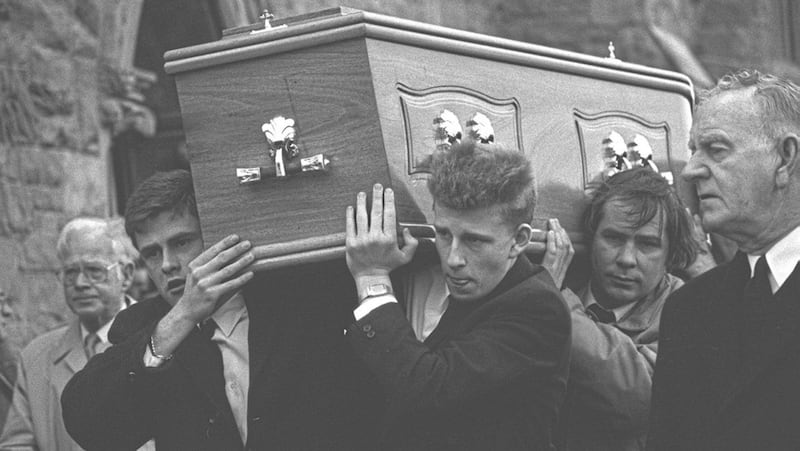
Mr Kielty also visits border areas, exploring why Brexit has put the peace deal back in the spotlight.
Hearing their personal stories of how their families were also caught up in the conflict, he asks DUP leader Arlene Foster and Sinn Féin MLA Emma Rogan why the power-sharing government at Stormont collapsed last year.
The TV presenter also asks Catholic and Protestant young people who attend one of the north's integrated schools where they feel Northern Ireland is headed.
The programme was commissioned for BBC One by Charlotte Moore and made by production company Dragonfly, with Richard Bond and Ruth Shurman as executive producers.
:: My Dad, The Peace Deal and Me will be broadcast on Wednesday April 4 at 9pm on BBC One
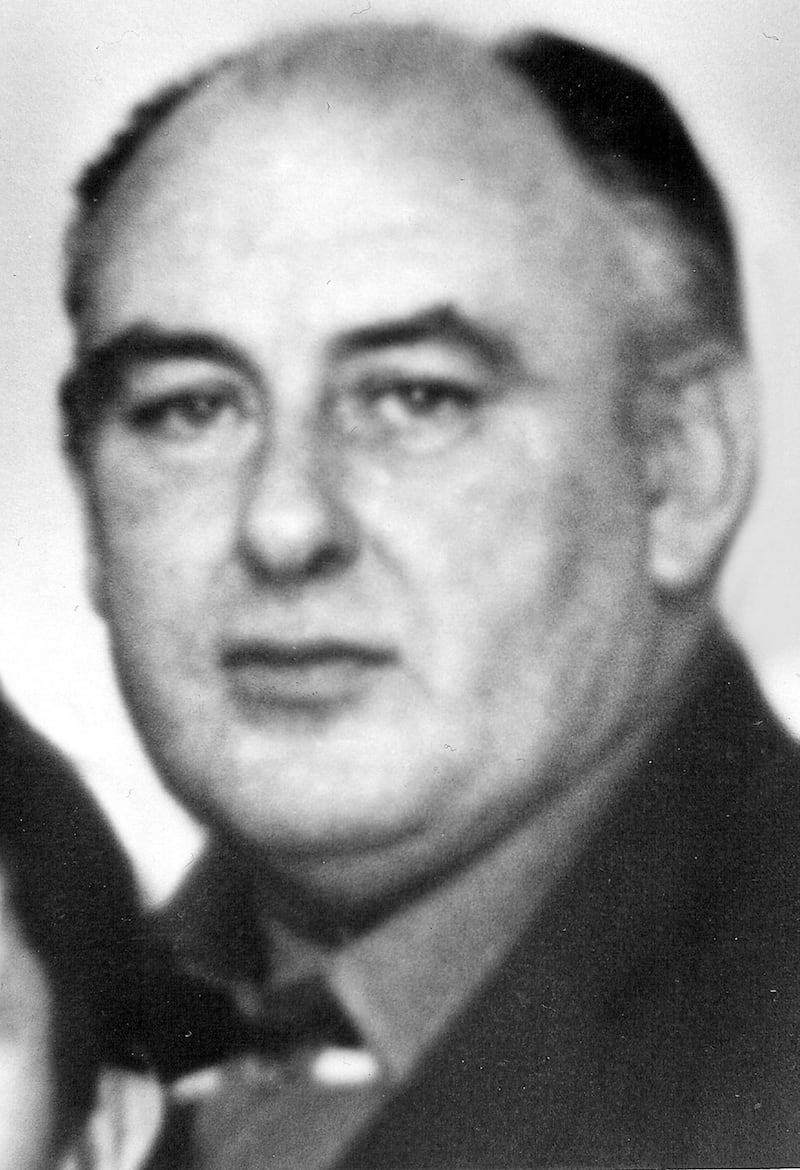
Jack Kielty, aged 45, who was shot dead by UDA gunmen in Dundrum, Co Down on January 25 1988
